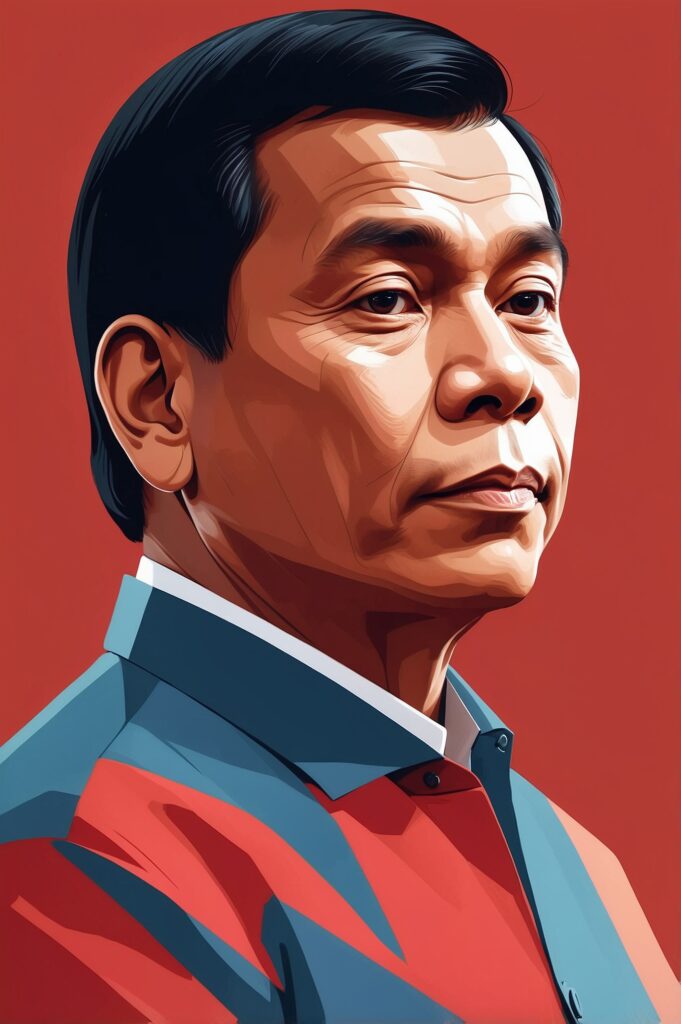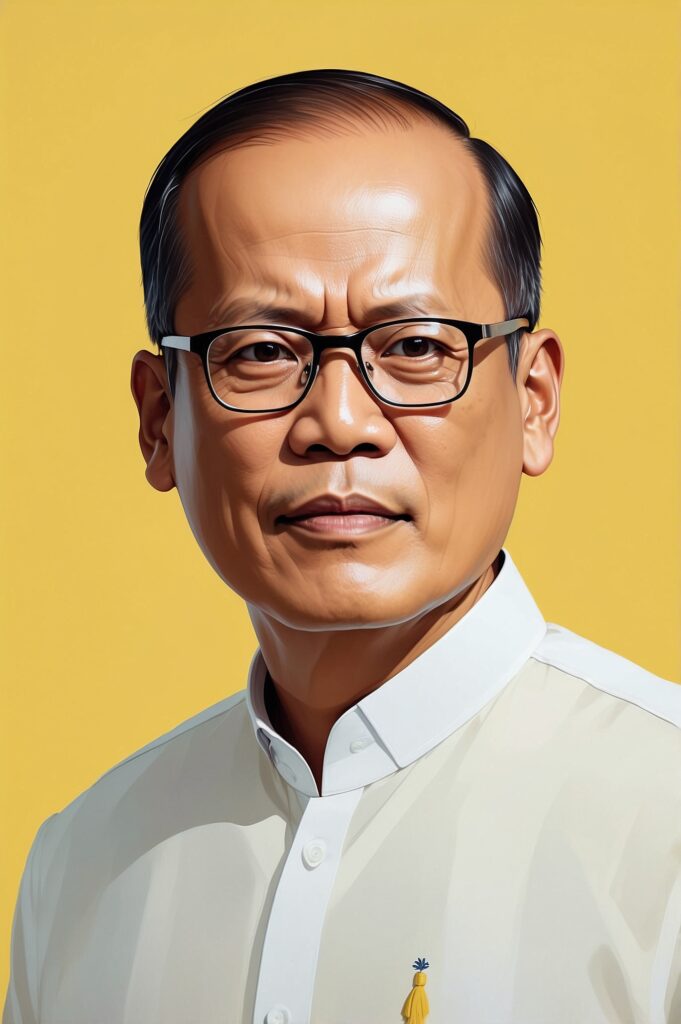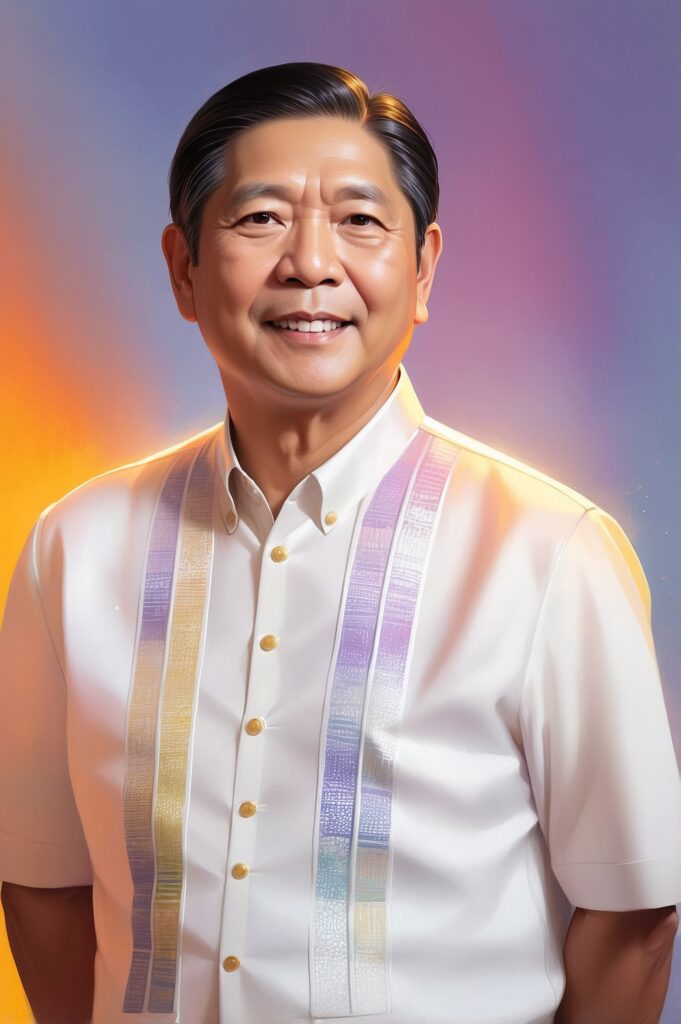The political landscape of the Philippines took an unexpected turn when Rodrigo Roa Duterte, the long-time mayor of Davao City, stepped onto the national stage. Known for his unconventional style and colorful language that would make a sailor blush, Duterte’s journey from a provincial leader to the highest office in the land is nothing short of remarkable. His tough-talking persona and promises of swift action against crime resonated with millions of Filipinos who were fed up with traditional politicians and their unfulfilled promises. In fact, Duterte’s presidential victory in 2016 was historic, securing 16.6 million votes (39.1% of total votes) according to the Commission on Elections (COMELEC), marking one of the most significant electoral mandates in Philippine history.
Davao City: The Blueprint of Duterte’s Leadership
The Transformation of Davao
Before we dive into his presidency, let’s take a peek at where it all began – Davao City. Under Duterte’s leadership spanning over two decades, Davao transformed from what locals called the “murder capital” of the Philippines into one of the safest cities in Southeast Asia. According to the Philippine National Police (PNP) data from 2015, Davao City maintained one of the lowest crime rates among major Philippine cities. His implementation of strict local ordinances, including a smoking ban in public places and a curfew for minors, became the template for his national policies.
Here’s a look at Davao City’s transformation during Duterte’s tenure as mayor:
| Year | Crime Rate (per 100,000) | City Ranking for Safety |
|---|---|---|
| 1988 | 675 (Pre-Duterte) | Not in top 10 |
| 2015 | 219 | 4th Safest City in PH |
| 2016 | 213 | 2nd Safest City in PH |
Source: Davao City Police Office Annual Reports
The War on Drugs: Controversy and Consequences
The Controversial Campaign
Perhaps no other policy defined Duterte’s presidency more than his infamous war on drugs. Launched immediately after taking office, this campaign became both his most celebrated and criticized initiative. With his characteristic bluntness, Duterte promised to rid the Philippines of illegal drugs within six months – a deadline that would later be extended several times. The campaign’s implementation sparked intense debate both domestically and internationally, with human rights organizations expressing serious concerns about the methods employed.
The Philippine Drug Enforcement Agency (PDEA) reported the following statistics from July 2016 to December 2021:
| Category | Number |
|---|---|
| Drug Operations Conducted | 229,868 |
| Drug Suspects Arrested | 331,694 |
| Value of Seized Drugs | PHP 74.3 billion |
| Barangays Cleared | 24,766 |
Source: PDEA Official Reports
Economic Policies and Infrastructure Development
Build, Build, Build
While much attention focused on his anti-drug campaign, Duterte’s administration launched an ambitious infrastructure program called “Build, Build, Build.” This massive undertaking aimed to usher in what his economic team called the “Golden Age of Infrastructure” in the Philippines. The program’s goal was to reduce poverty, create jobs, and strengthen the economy through massive infrastructure development.
According to the Department of Public Works and Highways (DPWH), here are some key achievements:
| Project Type | Completed (2016-2022) |
|---|---|
| Roads | 29,264 km |
| Bridges | 5,950 |
| Flood Control Projects | 11,340 |
| School Buildings | 150,149 rooms |
Source: DPWH Infrastructure Accomplishment Report 2022
Foreign Policy: The Pivot to China
The Diplomatic Dance
In perhaps one of the most significant shifts in Philippine foreign policy, Duterte orchestrated what he called an “independent foreign policy,” which essentially meant distancing from traditional ally United States and moving closer to China. This pivot raised eyebrows among foreign policy experts and caused concern among those worried about China’s expansionist activities in the South China Sea. However, Duterte maintained that this approach would bring economic benefits to the Philippines. His colorful diplomatic style, including referring to world leaders in surprisingly casual terms, created both amusing headlines and diplomatic headaches.
The economic results of this pivot, according to the Department of Trade and Industry (DTI):
| Year | Chinese Investments (PHP) | Chinese Tourist Arrivals |
|---|---|---|
| 2016 | 1.52 billion | 675,663 |
| 2019 | 88.67 billion | 1.74 million |
Source: DTI Annual Reports
COVID-19 Response: Leading Through a Pandemic
Crisis Management
The COVID-19 pandemic presented an unprecedented challenge to Duterte’s leadership. His administration implemented one of the world’s longest and strictest lockdowns, which drew both praise for its decisive action and criticism for its economic impact. The government’s response included the creation of an inter-agency task force and the implementation of various social amelioration programs to help affected citizens.
Department of Health (DOH) COVID-19 Response Statistics (as of December 2021):
| Category | Numbers |
|---|---|
| Vaccination Rate | 57.6% fully vaccinated |
| Total Aid Distributed | PHP 616.5 billion |
| COVID-19 Dedicated Beds | 34,677 |
Source: DOH COVID-19 Tracker
Legacy and Impact
The Duterte Effect
Love him or hate him, there’s no denying that Rodrigo Duterte changed Philippine politics forever. His unconventional approach, from his late-night “Talk to the People” addresses that often ran for hours to his casual attire during official functions, redefined presidential behavior. His high approval ratings throughout his term, despite international criticism, suggested that his style resonated with many Filipinos. According to Pulse Asia surveys, Duterte maintained approval ratings above 75% throughout most of his presidency, even during the pandemic.
Conclusion: The Complex Legacy of a Controversial Leader
Rodrigo Duterte’s presidency will likely be studied and debated for years to come. His administration brought significant changes to Philippine society, from aggressive anti-drug policies to massive infrastructure development and a realignment of foreign relations. While supporters praise his decisive leadership and focus on law and order, critics raise serious concerns about human rights and democratic institutions. What’s undeniable is that his presidency marked a distinctive period in Philippine history, characterized by dramatic policy shifts and a leadership style that broke with traditional presidential norms.
Disclaimer: This blog post aims to provide an overview of President Rodrigo Duterte’s administration based on publicly available data and official government reports. While efforts have been made to ensure accuracy, some statistics may have been updated since their original publication. This article does not represent an endorsement or criticism of any policies or actions mentioned. Please report any factual inaccuracies to our editorial team for prompt correction.




